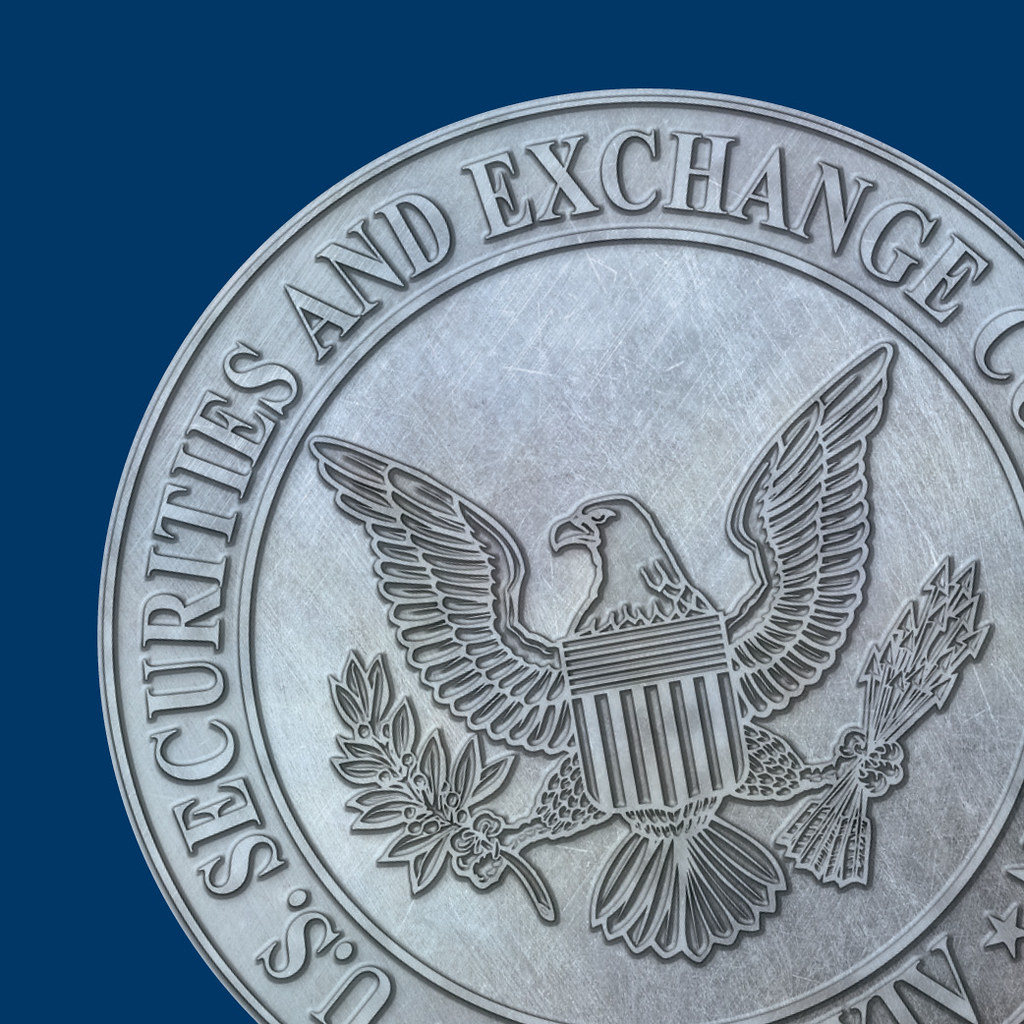BigLaw attorney Alex Oh resigned after just a few days on the job last week as the Securities and Exchange Commission’s new Director of Enforcement. The agency and the public were becoming more aware of her checkered past at BigLaw corporate defense firm Paul, Weiss. Oh was part of a team defending ExxonMobil against lawsuits over alleged human rights violations, including murder, rape and torture, committed by its hired guards in Indonesian villages from 1999 – 2001.
In press coverage of the surprise resignation, journalists have naturally turned to Paul, Weiss for comment. (They’ve also come to the Revolving Door Project, since we facilitated a letter to SEC Chairman Gary Gensler objecting to Oh’s hiring. The New York Post’s Charles Gasparino even credited us for the firing, including the offensive claim that we are “well-funded.”) In response, reporters have only gotten a prepared statement from Paul, Weiss Chairman Brad Karp, who said “Alex is a person of the utmost integrity and a consummate professional, with a strong ethical code.” The quote has been reprinted verbatim in several outlets.
This is pretty rich coming from Karp. It should also be an object lesson for journalists not to take BigLaw executives at their word, and to at least familiarize themselves with the person they’re quoting. Karp’s own “strong ethical code” includes not just mass payoffs to Democratic politicians, as I wrote about last year, but more relevantly, organized intimidation of the press for ever daring to report unflattering facts about Paul, Weiss.
As William Cohan covered for Vanity Fair, Paul, Weiss is a key figure in The Caesar’s Palace Coup, a new book by longtime finance reporters Sujeep Indap and Max Frumes. The book explores the failed leveraged buyout in 2008 of Farrah’s Entertainment, which would later become Caesar’s Palace. Apollo Global Management, one of the two private equity firms which bought Farrah’s Entertainment, is a longtime client of Paul, Weiss.
After several attempts by Indap and Frumes to contact Paul, Weiss for interviews, Karp met with the pair personally to say the firm would only contribute to their reporting through written responses to written questions. When Indap and Frumes submitted over 30 questions to Paul, Weiss, they received back a letter from its general counsel, alleging they “plan a defamatory attack on Paul Weiss and its personnel in order to produce a book that is biased and sensationalistic.”
Paul, Weiss demanded these reporters “cease all efforts” to contact Paul, Weiss attorneys; provide the firm with a list of anyone they’d attempted to contact within Paul, Weiss; provide the firm with every copy of their manuscript in the course of writing their book; and preserve all of their records just in case Paul, Weiss decided to sue.
This is a case of press harassment so transparent and flagrant they ought to teach it in Journalism 101 courses. Importantly to any interested undergraduates, the letter was toothless. Indap and Frumes made the brave, correct decision to ignore it, and by the time of publication, Paul, Weiss was asking the pair to stop the presses not to kill their book entirely, but so they could squeeze the firm’s comment into the text. (It was already too late.)
So when Karp turns around and defends Oh’s integrity, professionalism, and moral code, reporters ought to contextualize the statement against his own history of intimidating their fellow journalists. No one realistically expects Karp to openly criticize his own employees or clients, of course, but telling this story honestly should entail some scrutiny of sources. Even a modest phrase signifying that Karp is willing to attack reporters for telling, so far as we can tell, the truth about his team would be helpful to readers who might imagine Karp a serious figure. “The famously combative Karp,” “the law firm Chairman who failed to intimidate well-respected journalists,” “the pugnacious law firm leader,” whatever.
The broader trend here is that elite corporate lawyers have enjoyed a great deal of respectability in high society, even when what they actually do is heinous. It’s been too easy for Karp and others to use legal jargon or clever framing to obfuscate the atrocious acts they defend and legal policies they instantiate.
It’s time for the press, and the public in general, to make a greater effort to look past BigLaw’s narrative of itself and get to the point of what these attorneys actually do all day, no matter how damning that may be of one of the key institutions of modern American life. One way to start is by no longer taking Brad Karp at his word.

